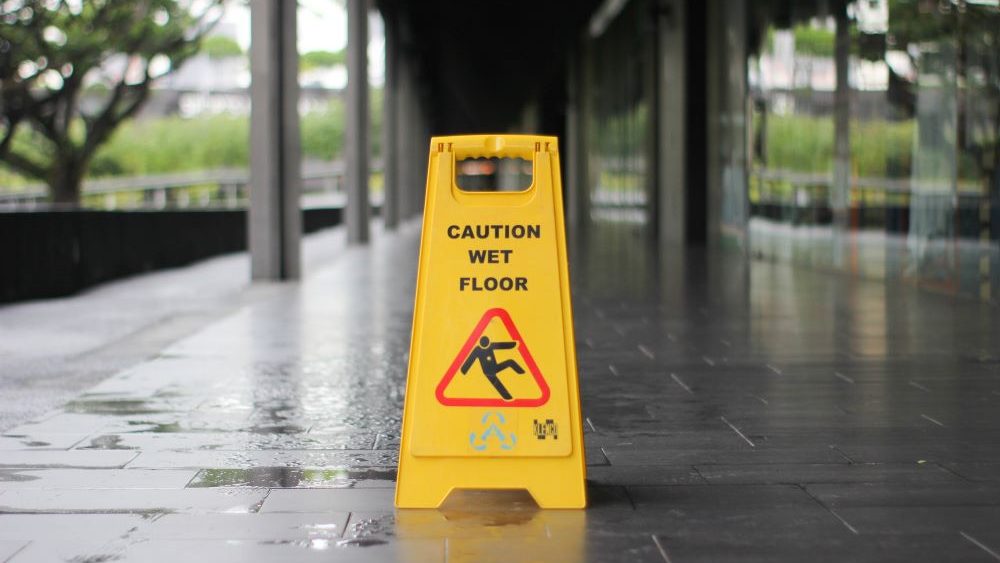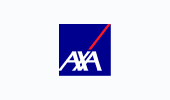Public Liability Insurance
Public Liability Insurance in Hong Kong is designed to protect businesses and organisations from the financial consequences of legal liability for third-party bodily injury or property damage arising from their operations, activities, or use of business premises. It acts as a safeguard against compensation claims made by clients, customers, visitors, or members of the public due to alleged negligence, providing essential legal and financial protection for a wide range of business types, from retail shops and restaurants to construction firms, event organizers, and property managers

Saving You Time & Money While Shopping For Insurance
Get Free Insurance Quotes
Fill out our inquiry form, and we'll identify the perfect policy to suit your requirements and lifestyle.
Emergency Hotline: +852 2530 2530
Public Liability Insurance Insights
Comprehensive Legal Protection
Public Liability Insurance covers the insured’s legal liability for third-party bodily injury, illness, death, or property damage that occurs as a result of business activities or operations. This includes the cost of compensation, legal fees, and all associated defense expenses.
Applicability Across Industries and Events
This type of insurance is relevant for virtually any business or organization that interacts with the public, operates in shared spaces, or hosts events. Specialized policies are also available for specific scenarios, such as large events or functions
Not Legally Required, but Essential
Standard coverage in Hong Kong frequently starts at HK$10 million, with limits adjustable to suit the risk profile of the business or meet specific contractual obligations. Premiums are calculated based on the size, type, and risk level of the business low for office-based operations but higher for high-risk industries like catering or construction
Public Liability Insurance FAQs
It protects your business against legal liability for third-party bodily injury, death, illness, or property damage caused by your operations, products, or activities. It includes both compensation costs and legal defense expenses
Any business or organization that interacts with the public, manages property, or organizes events can benefit from public liability insurance. Common beneficiaries include retailers, restaurants, property managers, factories, event organizers, NGOs, and schools
No, it is not legally required for general business operations (unlike Employees’ Compensation Insurance), but it is often contractually required by landlords, event venues, or business partners—and considered essential for risk management
Standard coverage starts at HK$10 million per year, but higher limits can be arranged if the business faces greater exposure or contractual requirements demand it
Yes, comprehensive office or shop insurance packages in Hong Kong frequently include public liability as one of the core protections. Businesses that already have such packages may not need to buy separate public liability coverage unless additional protection is needed
Standard exclusions are injuries to employees (covered by Employees’ Compensation), deliberate or criminal acts, pollution, professional errors, and property belonging to the insured. It’s important to check policy terms for specific exclusions.
Premiums are based on factors such as the nature and size of your business, the volume of public interaction, location, annual revenue, and your chosen coverage limit. High-risk sectors (e.g., construction) pay more than low-risk ones (e.g., offices)
Yes, public liability insurance can be arranged specifically for short-term events, such as concerts, exhibitions, or sporting competitions, ensuring financial protection for organizers and venue operators
Making a claim with your health insurance typically involves submitting relevant documents, such as medical bills and receipts, to the insurance company. The process and requirements may vary depending on your insurance provider. It’s important to familiarize yourself with the claim submission process outlined in your policy. Insurance companies usually have specific deadlines and procedures for filing claims, so it’s advisable to adhere to their guidelines to ensure a smooth process.











